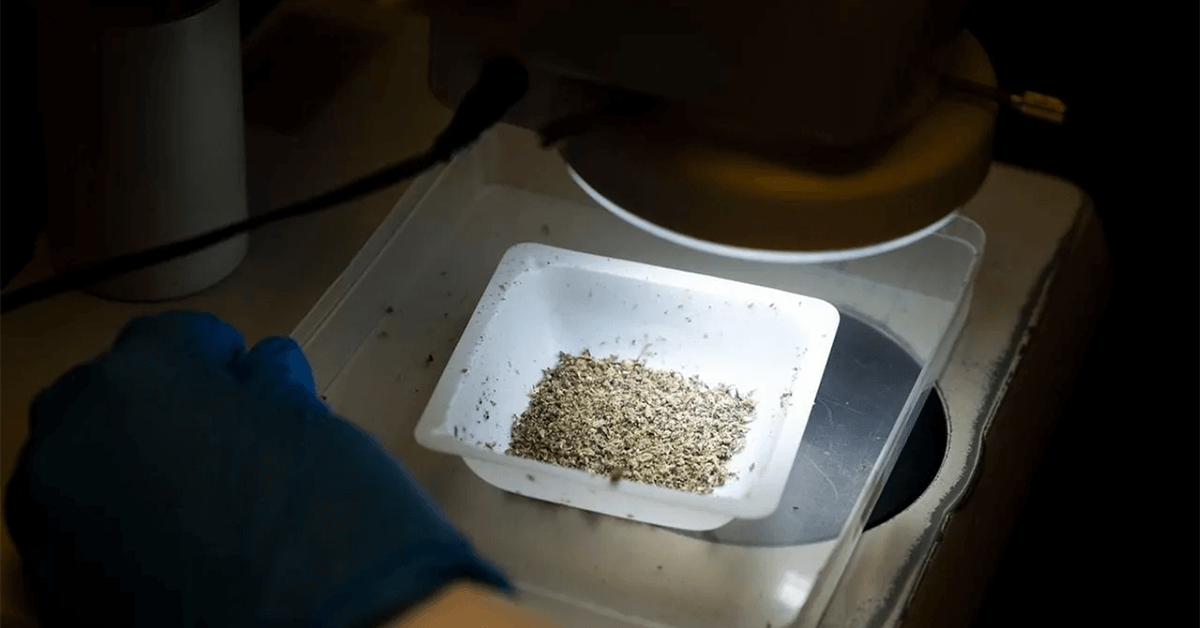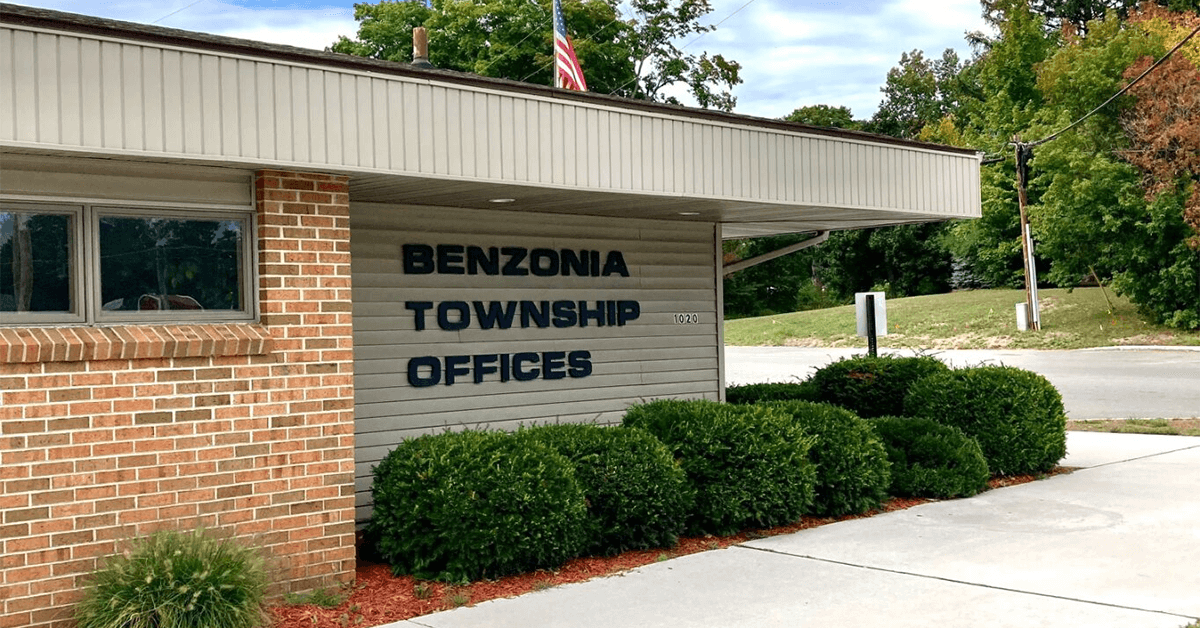Setting a Precedent for Regulatory Frameworks
The outcome of this legislative effort could set a significant precedent for cannabis regulation not just in Michigan but potentially across the United States. As states grapple with the challenges of regulating a newly legal but rapidly growing industry, Michigan's approach to establishing a state-run testing lab may offer valuable insights into how best to balance public safety with the needs of a burgeoning market.
Moreover, this initiative highlights the importance of transparency, fairness, and impartiality in regulatory practices. Ensuring that cannabis products are safe, accurately labeled, and free from contaminants is a fundamental concern that transcends state borders. By potentially creating a model for other states to follow, Michigan's decision could influence national conversations around cannabis regulation, standardization, and the role of state-run laboratories in maintaining industry integrity.
The Future of Cannabis Regulation in Michigan
As discussions continue and the legislative process unfolds, the broader implications for Michigan's cannabis industry and its regulatory landscape are significant. The establishment of a state-run testing lab represents more than just a shift in who conducts certain cannabis tests; it signifies a potential shift in how regulatory bodies interact with the industries they oversee, emphasizing collaboration, standardization, and a commitment to consumer safety.
Regardless of the outcome, the debate itself underscores the dynamic nature of cannabis regulation, the challenges of overseeing an emerging market, and the ongoing need for dialogue among all stakeholders. As Michigan charts its course, the lessons learned and the decisions made will undoubtedly contribute to the evolving narrative of cannabis legalization and regulation in America.
Conclusion
The proposal to establish a state-run cannabis testing laboratory in Michigan marks a critical juncture in the state's approach to cannabis regulation. Balancing the interests of public safety, industry growth, and regulatory efficiency, this initiative reflects the complexities of managing a newly legalized but rapidly expanding market. As stakeholders engage in a robust debate over the best path forward, the implications of this decision will resonate well beyond Michigan, offering insights and precedents for other states navigating the challenges and opportunities of cannabis regulation.









 Helpful Links
Helpful Links